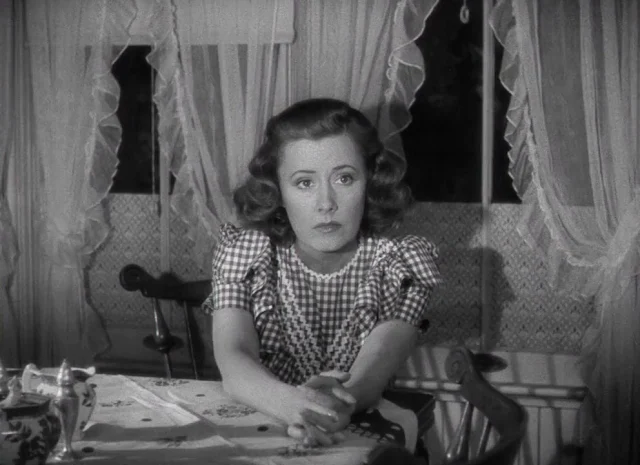.jpg) |
| Irene Dunne and John Boles in Back Street |
Cast: Irene Dunne, John Boles, George Meeker, Zasu Pitts, June Clyde, William Bakewell, Arletta Duncan, Doris Lloyd, Paul Weigel, Jane Darwell, Shirley Grey, James Donlan, Walter Catlett, James McWade. Screenplay: Gladys Lehman, Lynn Starling, based on a novel by Fannie Hurst. Cinematography: Karl Freund. Art direction: Charles D. Hall. Film editing: Milton Carruth.
The 1932 version of Back Street (the first of three films Hollywood made from Fannie Hurst's novel) suggests that there are some things you couldn't say even in a pre-Code movie. Ray Schmidt (Irene Dunne) and Walter Saxel (John Boles) have fallen in love, but he's engaged to a woman of whom his mother approves. He thinks that if his mother meets Ray, she might be inclined to let him break off the engagement and marry her instead. But on the day of the scheduled meeting, Ray's sister, Fred (June Clyde), comes to her in distress: The man she's been seeing is leaving town and she desperately needs Ray's help in persuading him to stay. If he doesn't, she tells Ray, she'll kill herself -- and she opens a window to prove the point. Why is Freda so desperate? The answer becomes apparent with an exchange of Meaningful Glances: She's pregnant. The word or any of its variants is never spoken. So Ray misses the meeting with Mother and loses the chance to marry Walter. Years pass and Ray and Walter meet again, after he's married and become a wealthy businessman. He sets her up in an apartment as his mistress, which she tolerates for a time until she realizes what she's lacking in life and begs him, "Walter, give me a child." Walter is shocked at the very idea. The mechanics of an illicit sexual relationship, including the veiled subject of contraception, are summed up in the reticence around Freda's plight and Ray's plea to Walter, which sounds a bit like she wants him to go down to the baby store and pick one off the shelf. Euphemisms aside, your acceptance of the movie depends to some degree on whether you enjoy watching Dunne, an actress who can slip into coyness and archness. The film gives her a gamut to run, from the flirtatious Ray who likes to drink beer with the fellows in the early part of the film, to the nobly suffering kept woman of the later part. Boles is a little stiff in his role, though that rather suits the character. On the whole, Back Street is a solid "woman's picture" of the kind that would be treated with more life and color by filmmakers like Douglas Sirk in the 1950s.















































